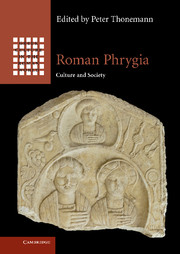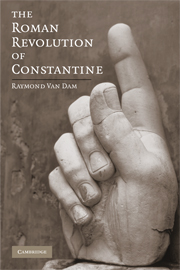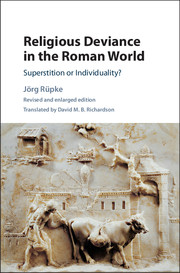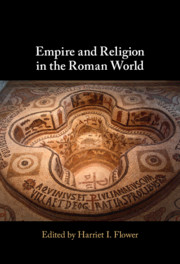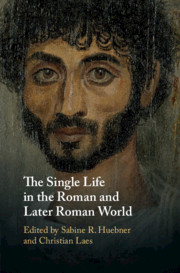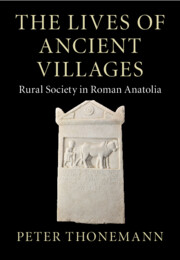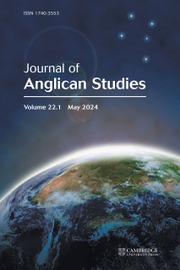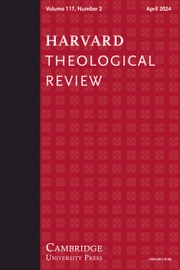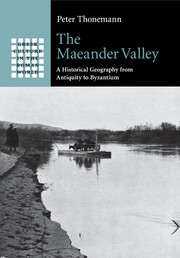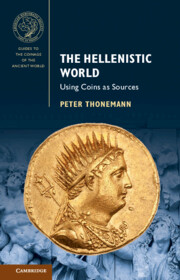Roman Phrygia
Culture and Society
Part of Greek Culture in the Roman World
- Editor: Peter Thonemann, University of Oxford
- Date Published: October 2013
- availability: Available
- format: Hardback
- isbn: 9781107031289
Hardback
Other available formats:
Paperback, eBook
Looking for an examination copy?
This title is not currently available for examination. However, if you are interested in the title for your course we can consider offering an examination copy. To register your interest please contact [email protected] providing details of the course you are teaching.
-
The bleak steppe and rolling highlands of inner Anatolia were one of the most remote and underdeveloped parts of the Roman empire. Still today, for most historians of the Roman world, ancient Phrygia largely remains terra incognita. Yet thanks to a startling abundance of Greek and Latin inscriptions on stone, the cultural history of the villages and small towns of Roman Phrygia is known to us in vivid and unexpected detail. Few parts of the Mediterranean world offer so rich a body of evidence for rural society in the Roman Imperial and late antique periods, and for the flourishing of ancient Christianity within this landscape. The eleven essays in this book offer new perspectives on the remarkable culture, lifestyles, art and institutions of the Anatolian uplands in antiquity.
Read more- Provides the first comprehensive picture of a fascinating and neglected region of the Roman empire
- Features a wide range of thematic, cultural and art-historical approaches
- Includes essays by major specialists in the field
Customer reviews
Not yet reviewed
Be the first to review
Review was not posted due to profanity
×Product details
- Date Published: October 2013
- format: Hardback
- isbn: 9781107031289
- length: 326 pages
- dimensions: 249 x 183 x 18 mm
- weight: 0.72kg
- contains: 76 b/w illus. 3 maps 1 table
- availability: Available
Table of Contents
1. Phrygia: an anarchist history, 950 BC–AD 100 Peter Thonemann
2. In the Phrygian mode: a region seen from without Barbara Levick
3. The personal onomastics of Roman Phrygia Claude Brixhe
4. Grave monuments and local identities in Roman Phrygia Ute Kelp
5. Phrygians in relief: trends in self-representation Jane Masséglia
6. Households and families in Roman Phrygia Peter Thonemann
7. Law in Roman Phrygia: rules and jurisdictions Georgy Kantor
8. An epigraphic probe into the origins of Montanism Stephen Mitchell
9. The 'Crypto-Christian' inscriptions of Phrygia Edouard Chiricat
10. Phrygian marble and stonemasonry as markers of regional distinctiveness in late antiquity Philipp Niewöhner
11. The history of an idea: tracing the origins of the MAMA project Charlotte Roueché.
Sorry, this resource is locked
Please register or sign in to request access. If you are having problems accessing these resources please email [email protected]
Register Sign in» Proceed
You are now leaving the Cambridge University Press website. Your eBook purchase and download will be completed by our partner www.ebooks.com. Please see the permission section of the www.ebooks.com catalogue page for details of the print & copy limits on our eBooks.
Continue ×Are you sure you want to delete your account?
This cannot be undone.
Thank you for your feedback which will help us improve our service.
If you requested a response, we will make sure to get back to you shortly.
×
